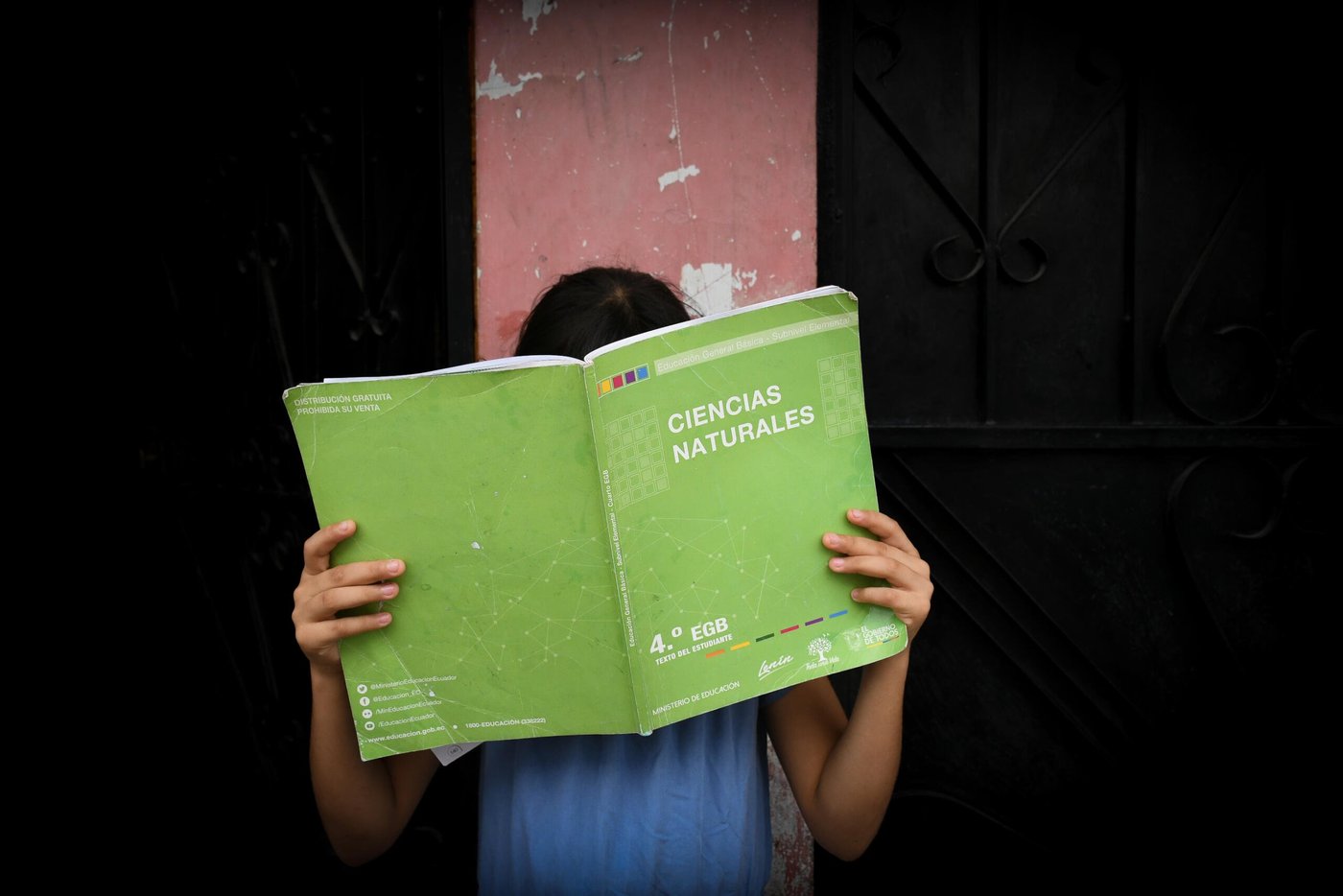NRC calls for immediate action to ensure the government’s recent efforts to recognise and assist victims translate into swift, effective measures to assist and protect those forced to flee their homes, including children impacted by school-related violence. Defining an effective protection route against gang recruitment in and around schools must be a priority.
“If a criminal group forces a student to sell drugs at school under death threats, the student's only options to save their life are to hide indefinitely or flee the area. This situation must end now. Schools must be safe havens, free from threats that force students to abandon their homes and communities,” states Giovanni Rizzo, NRC's Country Director for Ecuador.
In recent years, Ecuador has experienced a sharp rise in violence from organised criminal groups, resulting in the country now having the highest homicide rate across Latin America. Official figures show that during the initial months of 2025, a murder was reported every hour. Over 100,000 people have been forced from their homes due to the violence.
Organised criminal groups are imposing violent social control in their areas of presence, including within educational institutions. The NRC report highlights that the killings of minors and young people near schools are messages from members of these groups to rival gangs. These acts aim to intimidate other groups, seize control of schools, or spread fear among the educational community.
“Teachers always take attendance for the children who arrive at school. For those who miss two or three days, we try to follow up, but the violence has complicated everything because we don't know where the children are," a teacher from a school affected by violence told NRC. This highlights why registering individuals fleeing violence and understanding their specific needs is vital to triggering an effective state response.
However, while the government's recent efforts to recognise and register victims are a vital first step, these measures alone won't be enough. The government must clearly define roles, responsibilities, and funding for state institutions. This is crucial to ensure they can effectively assist, protect, and guarantee access to justice for everyone forced to flee violence and abandon their homes, schools, jobs, or businesses to save their lives.
“Although the state of Ecuador faces enormous responsibilities and obligations, the international community has a unique chance to step up and support the country's efforts amidst this critical violence. I urge donors to commit humanitarian funding for this violent situation, and I call on the United Nations to enhance the planning and coordination of its humanitarian response to the consequences,” said Rizzo.
Notes to editors
- The Organic Law of National Solidarity, published on 10 June 2025, recognises victims of violence in Ecuador, highlights the importance of their assistance and protection, and stipulates the design and implementation of a victim registry to be led by the country's Office of the Ombudsman.
- For more information on the NRC report, please follow this link (only available in Spanish).
- This NRC report presents a qualitative, not quantitative, analysis, considering the limited number of surveys conducted. For this report, the Norwegian Refugee Council (NRC) carried out in-depth interviews with 34 individuals, during the third quarter of 2024. Individual and focus group interviews were conducted using a single survey with open-ended questions. Information was collected in the cantons of Guayaquil, Machala, and Huaquillas. Local authorities, school directors and teachers, parents, community leaders, representatives from United Nations agencies, and Civil Society Organisations were interviewed to gain a deeper understanding and gather information on the impact of violence on education.
- According to Human Rights Watch, homicides rose 429 percent from the first half of 2019 to 2024, when 3,036 were recorded (HRW).
- According to InSight Crime, Ecuador recorded 6,986 homicides in 2024, reflecting a drop in murders compared to 2023. However, 2024 was still the second-most violent year in the country’s history, and homicides in many parts of the country remained at or exceeded 2023 levels. This homicide rate is the highest among the countries in the region.
- According to the International Displacement Monitoring Centre (IDMC), more than 100,000 people are displaced in Ecuador.
For more information or to arrange an interview, please contact:
- NRC global media hotline: media@nrc.no, +47 905 62 329
- Ana Milena Ayala Sanchez, advocacy and communication officer in Colombia: ana.ayala@nrc.no. +57 3232746021


